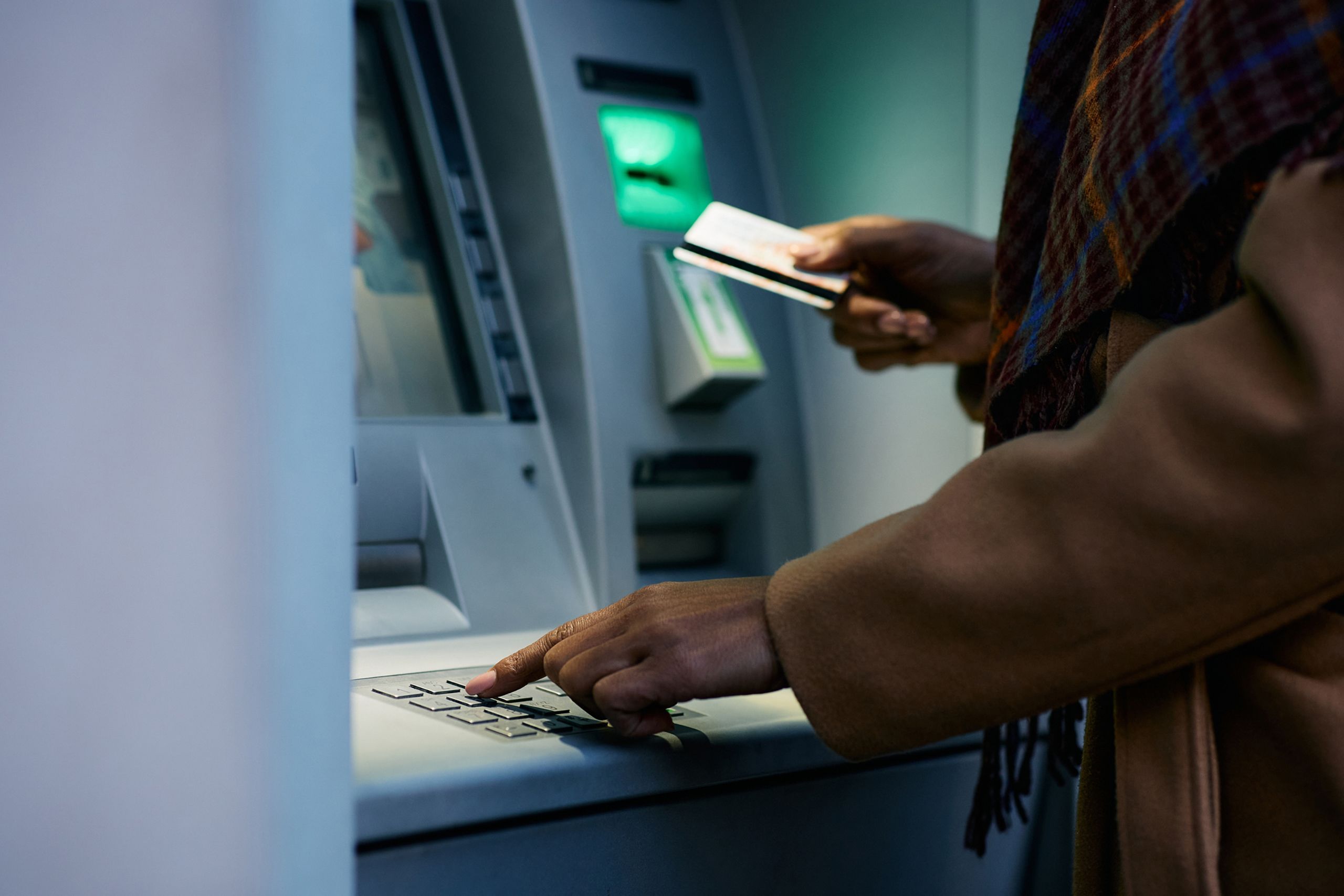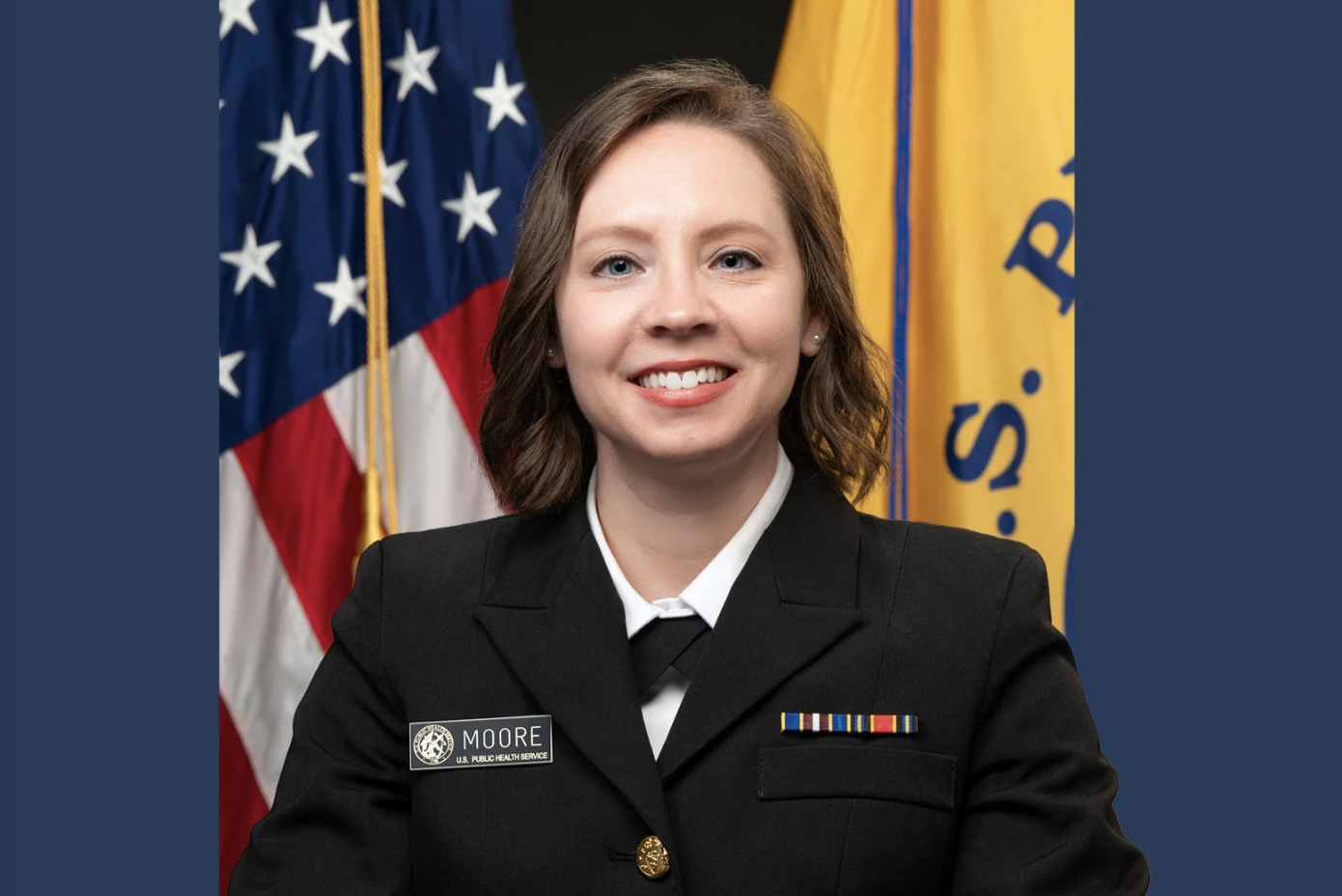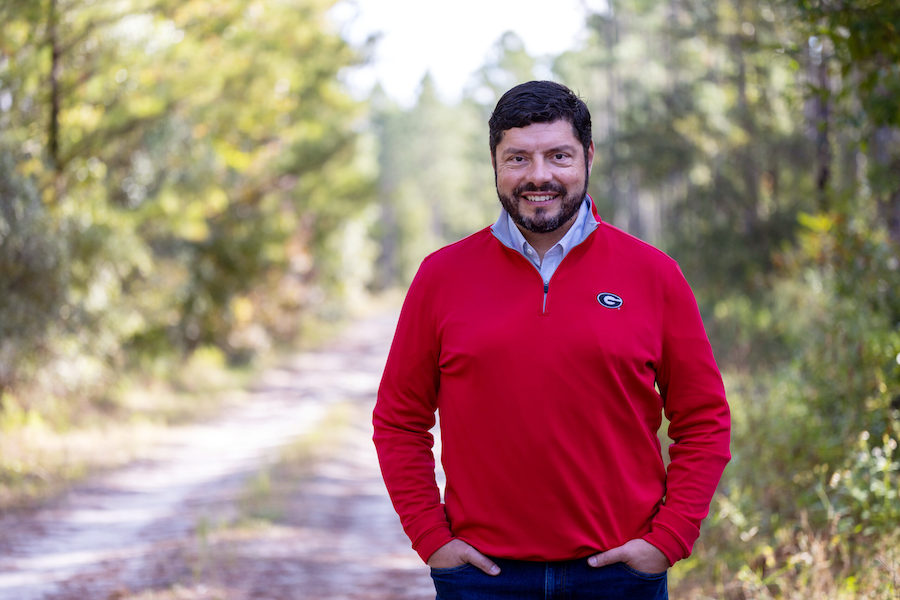CAES alum channels Peace Corps lessons into financial wellness leadership
alumni profiles // madelyn jackson, bsa - biological science, '12

A career in employee benefits isn’t quite what Madelyn Jackson imagined when she enrolled in the University of Georgia’s College of Agricultural and Environmental Sciences as a biological science major.
Originally a pre-med student, she joined the Peace Corps as a community health educator in Paraguay to gain master’s-level experience before medical school.
“Anything that they needed when it came to public health, health promotion or global health, I was their contact,” she said. “I lived in a developing country — dirt roads, bucket baths, all of that — but the experience transformed me as a person.”
During her two and a half years in the remote village of Tañarandy, she taught community members about hypertension and nutrition. She helped with recycling campaigns. She led a Zumba class. And she solidified her life’s passion: helping people improve their health.
Through the Peace Corps, she learned that she didn’t need to work directly in the medical field to accomplish that goal.
“All of this started from being interested in pre-med and being interested in helping people in a health aspect,” she said. “What I wanted to do still dealt with helping people with their health, but it might not have been the route of going pre-med, and it took a little while to figure that out.
“Now I’m in employee benefits, but I’m still doing the work that I’ve always wanted to do,” said Jackson, who helps more than 50,000 employees lead healthier lives by designing and implementing employee benefits programs focused on building and nurturing financial well-being.
“What people sometimes don’t realize when they think of the whole health of a person is that financial well-being is always at the top,” said Jackson, who works for a major U.S. health care company. “When it comes to your physical, emotional and mental well-being, a lot of times money plays a huge role in that.”

Finances, for example, can dictate whether someone seeks medical treatment for a health condition, and financial stress can contribute to health conditions themselves.
“If you don’t have the means to get to a doctor’s appointment, if you don’t have the means to go to the gym, if you don’t have the means to have a roof over your head, it usually goes back to your finances,” she added.
That’s why Jackson and her team focus on helping employees build their financial resiliency — their ability to withstand unexpected costs, to budget and to save for short- and long-term goals, and, consequently, to lead healthier lives.
Because financial resiliency touches so many aspects of a person’s life, Jackson’s team develops products to build it. Investment plans help employees better plan and save for retirement. Another program provides access to unlimited financial advice from certified financial planners.
The company’s Emergency Savings Program benefit, launched about two years ago, helps employees build an emergency fund. With this program, employees contribute funds from each paycheck to a dedicated savings account. The company matches a portion of those contributions, plus employees receive a sign- up bonus upon enrollment. It’s the company’s most popular voluntary program, with more than 72% of employees enrolled.
“When a company has a very diverse suite of financial well-being resources, you typically see that employees are more financially resilient when they use these particular resources, no matter where they sit on the pay scale,” Jackson said. “To have those types of programs in place helps your employees build that financial acumen and, in turn, increases their financial resiliency.”



